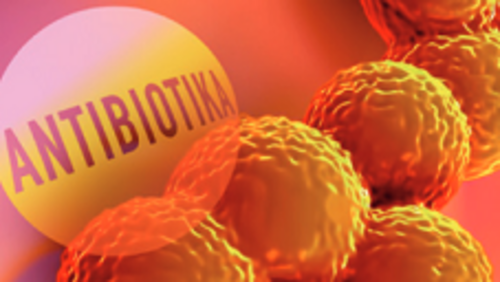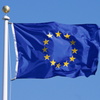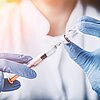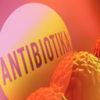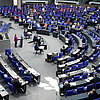Agenda 2030
The 2030 Agenda evolved from the Millennium Development Goals adopted in 2000. The 2030 Agenda takes these further by considering all of the dimensions of sustainable development on the basis of 17 relevant goals. The dimensions refer to social issues, the environment and the economy.
Since these topics are closely intertwined, progress can only be achieved by pursuing a holistic approach. The three-year process to develop the 2030 Agenda culminated, in 2015, in the adoption of ambitious goals. In response to the siloed approach with the earlier Millennium Development Goals, the 17 SDGs of the 2030 Agenda are closely interlinked. This means that the goals can only be reached if progress is also made on the other goals. In effect, therefore, the 2030 Agenda calls for a holistic approach to implementation.
Sustainable Development Goal 3 (abbreviated SDG 3) calls for health and well-being. In addition to the health goal itself, progress on the other goals markedly improves the overall health outcome. This is why they are often referred to as “health-related sustainable development goals”. For example, education and gender equality are conducive to improved sexual and reproductive health, clean water reduces diarrhoeal disease and clean energy, in turn, promotes respiratory health. On the other hand, potential adverse interactions must also be considered when making political decisions.
Global Action Plan (GAP) for Healthy Lives and Well-being for All
Health is firmly established in the 2030 Agenda as a prominent political, development policy and humanitarian priority for all countries. The Sustainable Development Goal on Health (SDG 3) comprises 13 specific targets relating to maternal and child health, communicable diseases such as HIV/AIDS, tuberculosis and hepatitis as well as non-communicable diseases such as cancers and diabetes, to services relating to mental health as well as sexual and reproductive health and rights, to the health impacts of pollution, traffic and tobacco consumption as well as the research and development of medicinal products and vaccines.




